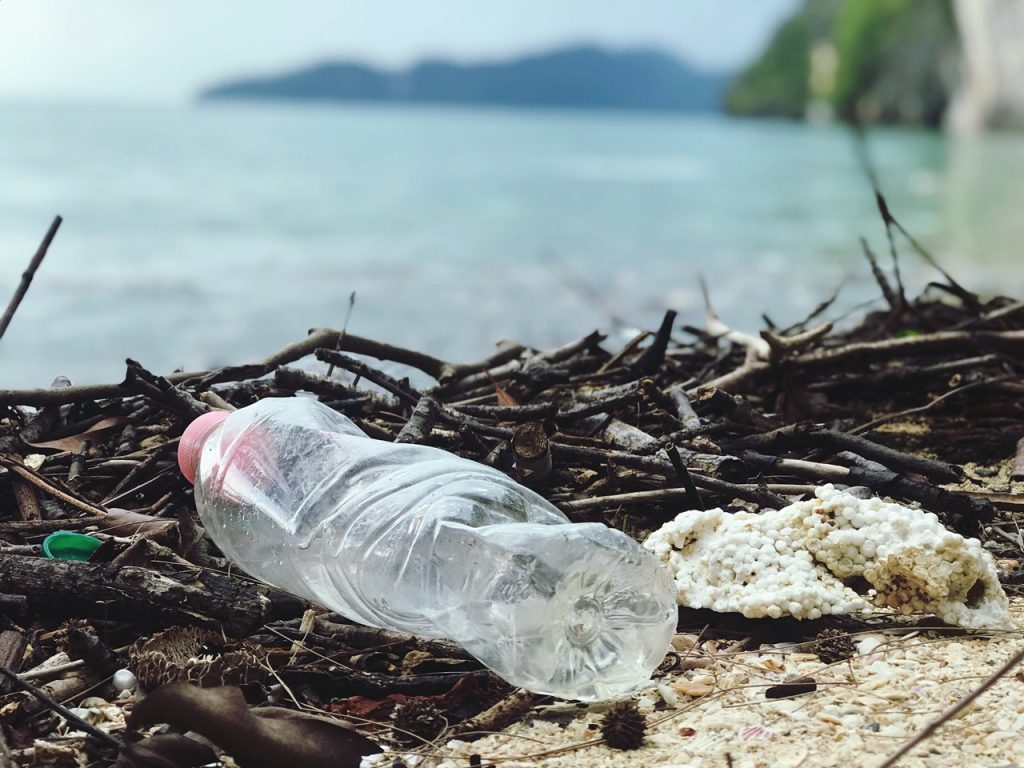How long do Water Tanks Last?

A water tank is majorly used to store either cold or hot water depending on the needs of the user.
Hot water in a tank is useful in washing utensils, washing clothes, showering etc.
In contrast, cold water in a tank may be essential in outdoor activities such as gardening and watering grass.
Due to the numerous functions water tanks perform, most homeowners tend to purchase tanks intending to use them for an extended period.
Therefore, most water tanks are known to have a lifespan of 8-12 years. However, some tanks are known to last more than 20 years or even 35 years.

One of the main factors that determine the longevity of a tank is its material and how well one takes care of the tank.
The use of a steel water tank to help in ensuring hot water is well insulated will eventually lead to its rusting due to corrosion.
Steel is easily corroded by chlorine found in treated water; hence, overtime steel may interact with chlorine leading to corrosion in the lining of the tank and thus contamination of water.
Polyethylene water tanks may lead to an increased lifespan for the water storage tank. For instance, steel tanks are known to last a minimum of 20 years, whereas polyethylene tanks are known to last a minimum of 35 years.
To prevent corrosion, most steel tanks come with an anode rod which is crucial to protecting the tank from electrolysis formed from steel reacting to chlorine in the water.
The anode rod slows down the speed of corrosion and should be replaced over time to ensure its proper functioning and to increase the tank’s lifespan.
 Several factors may accelerate the aging of the tank, including:
Several factors may accelerate the aging of the tank, including:
- Reactive chemicals in the tank
- Other entities getting into the tank (Rocks, dirt, grass, etc.)
- Extremely high temperatures
Chemical components like sodium hypochlorite are likely to degrade in high temperatures, hence forming sludge at the lower parts of the tank and shortening the tank’s lifespan.
When to Replace your Water Tank
Some of the factors that should guide you on whether to replace your water tank include:
Age
To confirm the actual age of a water tank one should check its serial number, or if it’s inherited you should confirm with the previous owner.
Tank corrosion
A hugely corroded tank should be replaced soon. Corrosion in the tank may lead to contamination and discolouration of water. Hence when your tap water releases discoloured water continuously, you should know that there’s a problem with your tank.
Noises
The presence of sounds in a water tank, especially a hot water tank should be a cause of an alarm. Clacking and banging noises from the tank should indicate that there’s built-up sediment in the tank, and it needs a professional checkup.
Also, remember that a healthy water tank that is well maintained will always last longer than one that is just left there.
Generally, tanks can last for a long time; however, when it’s time to replace the tank, you should act immediately on it to avoid being exposed to contaminated water.
<span data-mce-type=”bookmark” style=”display: inline-block; width: 0px; overflow: hidden; line-height: 0;” class=”mce_SELRES_start”></span>


